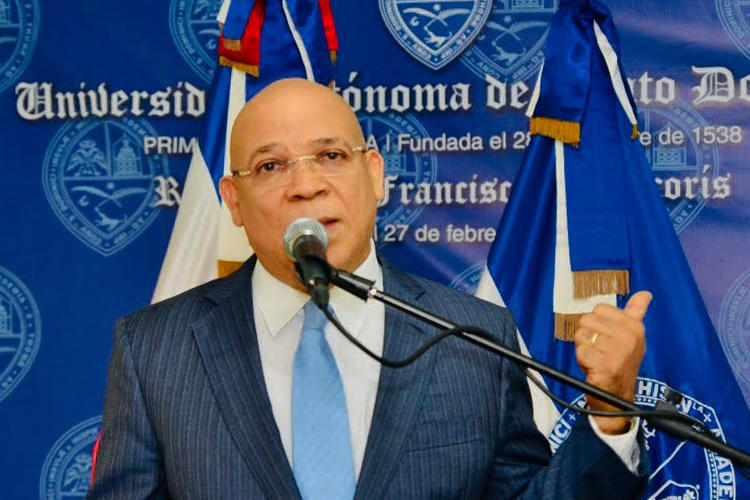Miami, January 23, 2020 — Authorities in the Dominican Republic should immediately drop all criminal charges against Marino Zapete and stop pursuing criminal defamation cases against journalists, the Committee to Protect Journalists said today.
Tomorrow, the Fourth Penal Chamber of the Court of First Instance of the National District, in Santo Domingo, the capital, is scheduled to try Zapete, a former broadcast reporter with local television outlet Teleradio America, on criminal defamation charges based on his reporting on alleged corruption, according to the journalist, who spoke to CPJ via phone, and news reports.
The charges relate to a September 25, 2019, episode of Zapete’s news program “El Jarabe,” in which he alleged that Maybeth Rodríguez, the sister of Prosecutor General Jean Rodríguez Sánchez, had illicitly profited from public infrastructure projects, according to news reports and the episode, which has been uploaded to YouTube.
Maybeth Rodríguez sent a letter to Zapete on September 25 denying all allegations against her, according to news reports. On November 7, she filed a criminal defamation complaint against him, Zapete told CPJ.
If found guilty, Zapete could face up to six months in prison and a fine of up to 20,000 Dominican pesos ($375), under Dominican law.
“Journalists must be able to report on issues of public interest without facing criminal penalties and potential jail time,” said CPJ Central and South America Program Coordinator Natalie Southwick in New York. “Authorities in the Dominican Republic should drop all criminal charges against Marino Zapete, and should reform the country’s laws to abolish criminal defamation once and for all.”
The head of the Ministry of Public Works at the time of the alleged corruption, Gonzalo Castillo, is now running for president as a member of the ruling Dominican Liberation Party, according to news reports.
Zapete told CPJ that after the September 25 episode aired, Prosecutor General Rodríguez called Luis García, the owner of Teleradio America, and threatened to take legal action against the station. On September 26, Zapete was fired from the broadcaster after he refused to retract the allegations, he told CPJ.
In an email to CPJ, García denied that any political pressure influenced his decision to fire Zapete, saying that he was let go for “technical reasons” that have since been resolved. He said that Zapete has been invited to return to the station, but declined.
CPJ emailed Castillo’s political party and Prosecutor General Rodríguez for comment, but did not receive any replies. Prosecutor General Rodríguez previously declined to answer questions by reporters about the corruption allegations or the defamation case against Zapete, according to press reports.
CPJ was unable to locate contact information for Maybeth Rodríguez. CPJ tried calling the infrastructure contracting company affiliated with her at the number listed on its website, but the person who answered the call said that phone number was incorrect.
Zapete also told CPJ that the tires of his car have been cut 11 times since he aired the program.
The Dominican Republic has reformed parts of Law 6132, which criminalizes some forms of free expression, since a 2016 Supreme Court decision ruled them unconstitutional, as CPJ reported at the time. The country still maintains criminal penalties for defamation against private individuals and for defaming racial or religious groups, according to that reporting.
